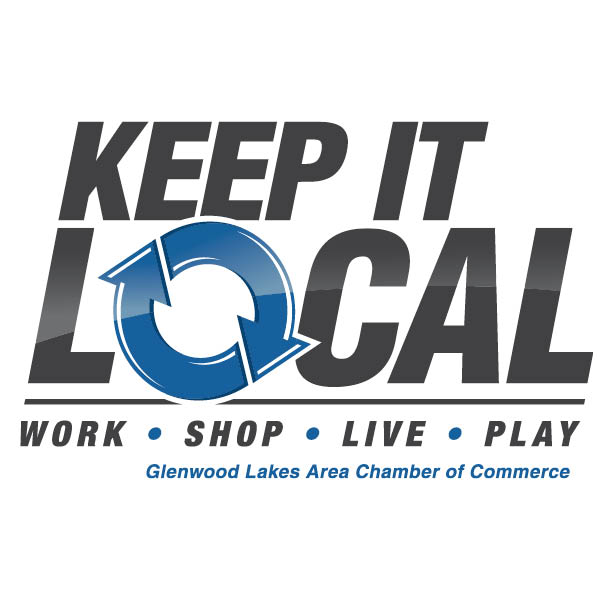The math doesn’t work for adding tariffs to replace income tax
Published on August 5, 2024 at 12:45pm CDT
Stoneage Ramblings
By John R. Stone
Generally I’m not a fan of tariffs. If not used judiciously they can distort the marketplace and really not do the market overall any good.
They are enacted, in theory, to level the marketplace from those who would dump goods into our marketplace and make it impossible for some goods manufacturers to survive.
In theory having a tariff would encourage U.S. manufacturers to make products here instead of having to import some items. The tariff would allow manufacturers to raise the price and make a profit on the item.
One presidential candidate has proposed using tariffs to eliminate the personal income tax. It sure sounds good on the campaign trail, just about everyone would like to have lower income taxes.
But the numbers don’t work out. Several different articles put annual imports at about $3.9 to $4.0 trillion dollars. The personal income tax generates roughly $2.4 trillion dollars.
So tariffs would have to be enacted at roughly the 60% level to get enough revenue to offset the loss of the income tax. Tariffs are not paid by the country that wants to sell an item here, there are paid by the importer in the U.S. so that cost is passed on down the line.
Who pays that extra 60%? Economist Paul Krugman recently estimated that such a tariff would cost the average family about $5,000 per year. So it would be just switching income tax for higher prices. People concerned about inflation would see another boost in the cost of living.
I remember in 2018 when tariffs were placed on newsprint from Canada. The bulk of newsprint for northern U.S. printers comes from Canada, it is so much closer than U.S. mills. At the time newsprint was the largest expense at Quinco Press in Lowry where I was working at the time. And it went up 22% because of tariffs.
Local manufacturers here in Pope County saw their steel prices increase because of tariffs on that around the same time.
It is not always easy to pass costs on. Sometimes a business has quoted a price for production for up to a year in advance. Then a tariff comes along and that business has to eat the cost for some time. That can be hard, it can cost jobs and affect a company’s financial stability.
The newsprint tariffs were eventually overturned by the international trade organization, I’m told steel prices are still high.
But did the tariffs cause companies to plan to open paper mills or new steel plants? Not really. In fact U.S. Steel is in the process of being purchased by the Japanese. The goal of having tariffs provide cover for companies to open new plants because they can charge more didn’t really work out.
International trade isn’t a bad thing as long as it is fair. It encourages nations to be better at what they do. The U.S. produces the best autos it ever has because Japanese and European manufacturers set a high bar. Radial tires, fuel injection, turbocharging and more were all commonplace on European vehicles before they saw wide adoption in the U.S.
Nations that trade have an interest in the success of other nations so they can afford to buy their products. Nations want the economies of other nations to be good so they can buy their products. They may be less likely to attack a good customer or a good source of needed product.
Finally, if the U.S. puts tariffs on some goods those nations will retaliate on goods we sell overseas. We saw that when tariffs were placed on Chinese goods and the Chinese suddenly cut back on their purchases of pork and soybeans from the U.S.
There can be places where tariffs can be helpful, but they must be thoughtfully applied with all implications understood in advance.




